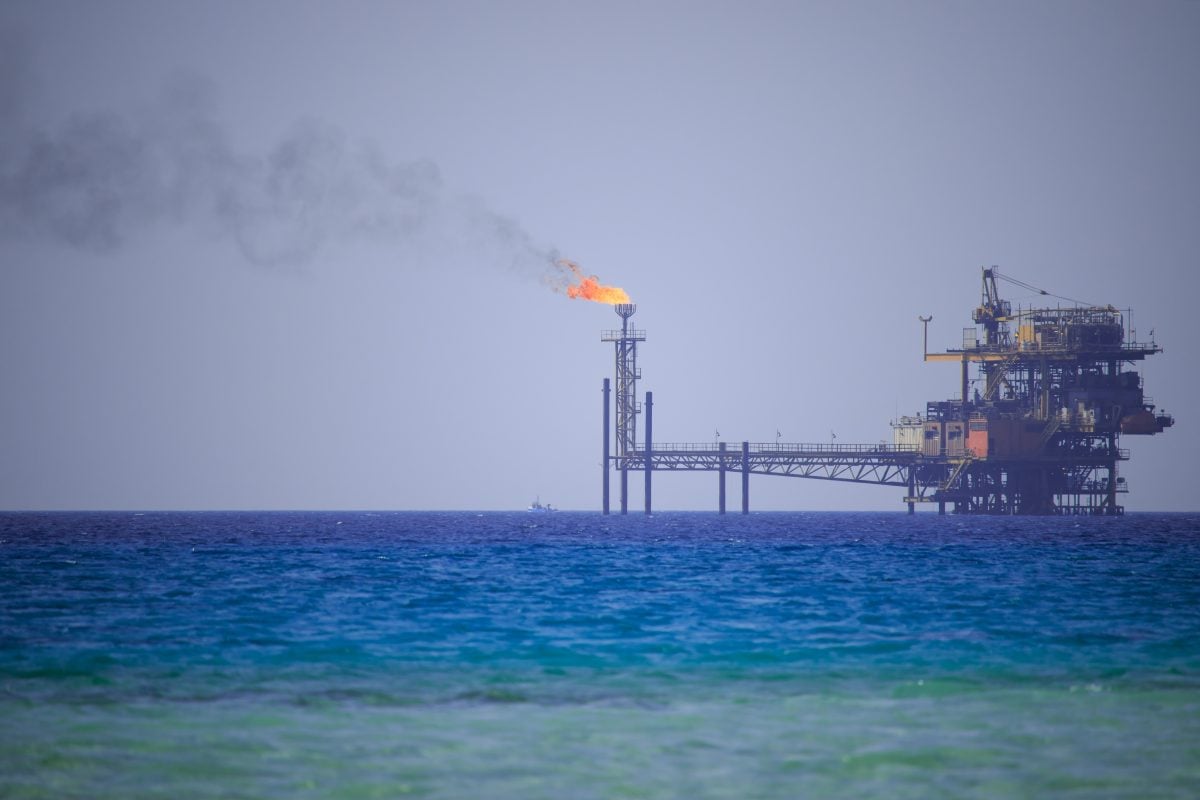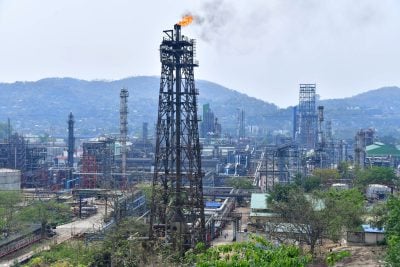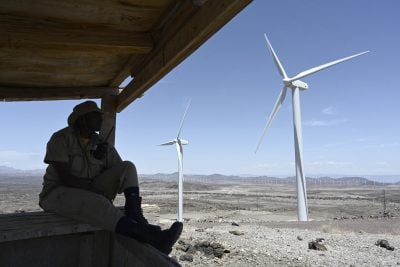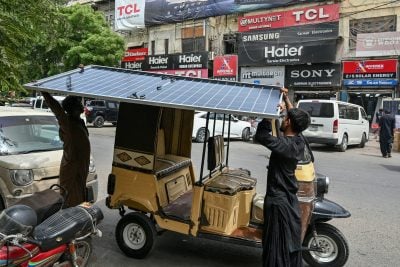The value of Ghana’s oil shipments plummeted this year as the coronavirus pandemic pummeled global prices.
Data from the Natural Resource Governance Institute (NRGI) found that funds received for similarly-sized cargoes of just under 1m barrels of Ghanaian oil dropped from a high of $126m in 2012 to just $12m in April 2020.
The Ghana National Petroleum Corporation (GNPC) has long-term agreements to sell four cargoes per-year to Russian trader Litasco and five cargoes per year to Chinese state-owned Unipec Asia, the latter tied to a $3bn loan from the China Development Bank.
In 2019, revenue from these two sales contracts equaled 6% of government revenue and 59% of the government’s 2019 total oil revenue of $938m.
Akufo-Addo was re-elected on 9 December after a first term marked by steady growth and an economic recovery, which saw GDP expand by 6.5% in 2019.
Nevertheless, the pandemic presents a major challenge to his second-term ambitions, including the expansion of his One District One Factory industrialisation plan and his sustainable employment pledges.
The IMF projects growth of just 0.9% this year.
In its annual budget, the government revised its 2020 benchmark oil price of $62 to $39 per barrel, with the resultant revenue estimated to drop by 57.9% to $660m. Brent crude has since recovered to $50 a barrel, suggesting that the government may have more fiscal space than anticipated.
While oil dependent countries usually look to cut back spending in a low-price environment, Ghana has maintained spending by borrowing.
Ratings agency S&P Global has predicted a worsening debt situation to over 70% of GDP in 2020, and predicts that interest payments will consume half of fiscal revenue.
The government has taken out extensive loans this year from multilateral institutions including the IMF, the World Bank and the African Development Bank to respond to Covid-19.
Nevertheless, Ghana’s economy is more diversified than some of its West African oil-producing peers. Pre-pandemic non-oil growth was strong at 6% in 2019, according to the World Bank.
The first cargo was sold from its Jubilee field in early 2011, and from then until the end of the second quarter of 2020, GNPC had sold 73 cargos of oil amounting to $5.2bn.
Those sales pale in comparison to Nigeria – in 2017, GNPC sales were the equivalent of just 4% of the value of oil sales from the Nigerian National Petroleum Corporation.
Peerless transparency
Ghana’s oil sector is also more transparent than its peers.
NRGI praises Ghana as one of the most transparent countries in reporting on its commodity trading activities, but calls for more information around resource-backed borrowing, long-term sales contracts agreements and cargo-by-cargo trader payments.
“The impact of the coronavirus pandemic and oil price crash on Ghana’s economy means that ensuring GNPC maximizes its oil sales revenues is more important than ever,” says Nafi Chinery, West Africa manager for NRGI.
“Oil sales transparency on the part of GNPC and the government has been an important step toward enabling citizens’ groups to demand effective and accountable management of revenue flows.
“Information on Ghana’s long-term sales contracts tied to resource-backed borrowing is especially important in the context of broader debt relief and renegotiation discussions.”
Want to continue reading? Subscribe today.
You've read all your free articles for this month! Subscribe now to enjoy full access to our content.
Digital Monthly
£8.00 / month
Receive full unlimited access to our articles, opinions, podcasts and more.
Digital Yearly
£70.00 / year
Our best value offer - save £26 and gain access to all of our digital content for an entire year!
 Sign in with Google
Sign in with Google 



